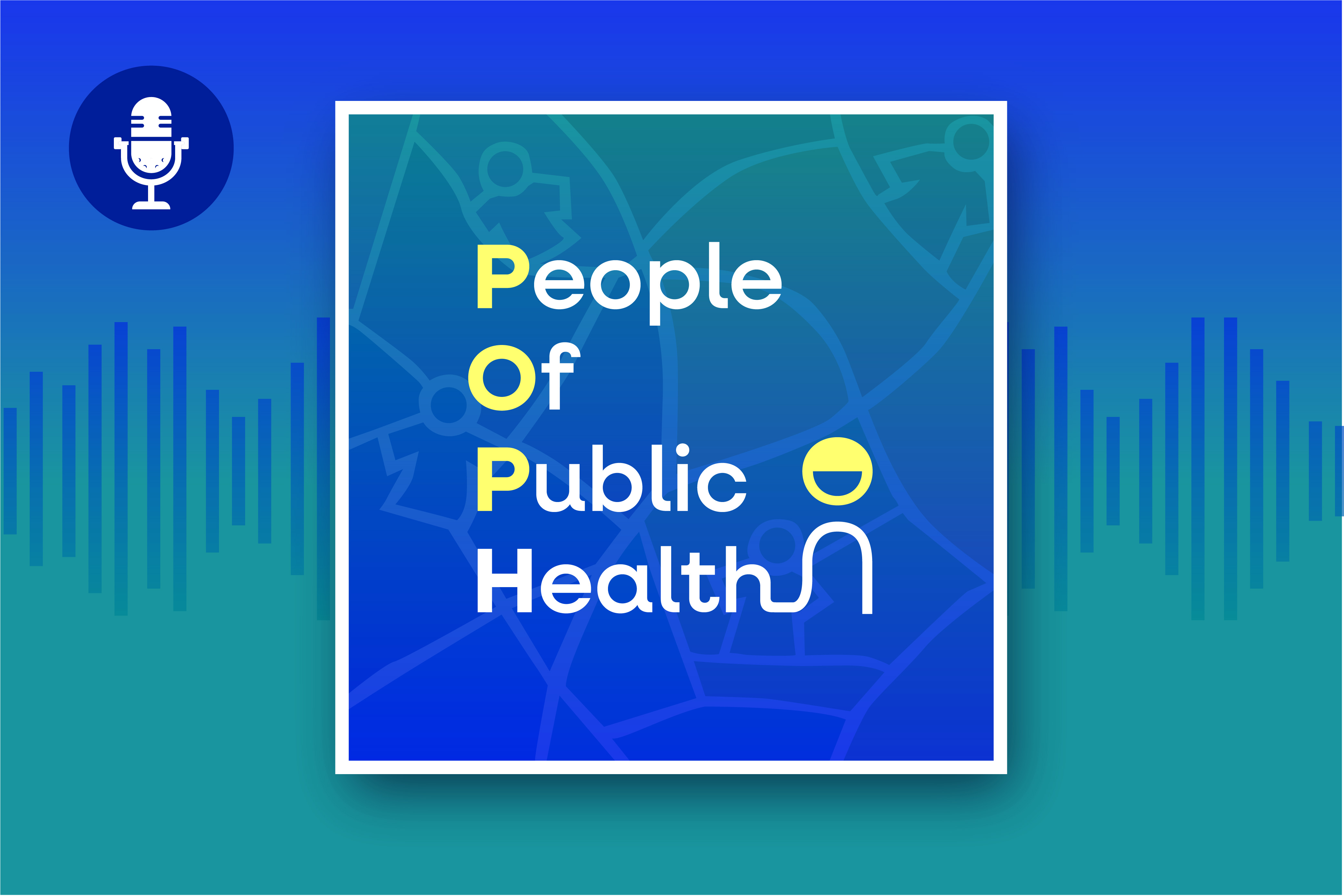This three-part training series focuses on the foundations of public health and health equity. Each 2.5-hour session is grounded in one of the three Public Health Core Functions – Assessment, Policy Development, and Assurance – as they relate to health equity and to the 10 Essential Public Health Services. Through interactive activities and tools, learners will explore practical applications of this framework to their role, organization, and community. This training will also help people who are new to the field of public health better understand their organization’s role within the larger US public health system.
Learning Objectives
Learners in this series will:
Session 1: Assessment
- Articulate the primary goal of public health practice.
- Recognize examples of public health assessment activities.
- Summarize how and why a root cause analysis is conducted in the field of public health.
- Differentiate between upstream or downstream public health interventions.
Session 2: Policy Development
- Give an example of “Health in all Policies”.
- Articulate the connection between policy development and assessment in public health work.
- Summarize how and why a stakeholder power analysis is conducted.
Session 3: Assurance
- Describe two ways to help ensure that actions taken to improve community health are safe, effective, and accessible to everyone.
- Evaluate the potential impacts of a policy or program on equity using a health equity assessment tool.
- Produce at least one example of how they can center health equity in their current job role or activities.
Instructors
Barbara Obena, MPH
Faculty Instructor
Bio and contact >
Hallie Pritchett, MPH
Faculty Instructor
Bio and contact >
Miruna Buta, PhD, MA
Faculty Instructor
Bio and contact >
Intended Audience
This training is designed for public health professionals who are new to the field or have no formal public health training.
Format
This training is designed to be delivered in three virtual sessions or as a one-day, in-person workshop for groups of 30-50. Contact NWCPHP to learn about pricing options to bring this training to your area.
Cost
This training is supported, in part, by the Public Health Infrastructure Grant and is currently available at a reduced cost.
Time Commitment
Essentially Public Health is designed with busy public health professionals in mind and is meant to be a bite-sized, highly interactive learning opportunity. Readings and other resources will be provided for those who want to go deeper into the topics covered, but there is no required homework.
Technical Requirements
This learning opportunity requires the following:
- Install the Zoom meeting client before the first session.
- Webcam, speakers/headphones, and microphone are needed for the live sessions, which will not be recorded. If you are able, please be prepared to be on camera for small group discussions.
- Miro will be used for interactive learning. Watch a short tutorial before the first session.
Participant Statement
Various backgrounds, embodiments, and experiences are essential to the critical thinking endeavor at the heart of education. NWCPHP brings this principle to our programs and trainings and expects participants to as well.
Resources
- Session 1 Worksheet: Cause and Effect Fishbone
- Session 1 Worksheet: Template 5 Whys
- Session 1: Social Identity Inventory
Accessibility
This training includes live learning sessions where closed captions will be automatically generated. If you need additional accommodations in order to participate, contact Christine Ector, and we will do our best to make sure the content is accessible to you.
Continuing Education Credits
People who participate in all three sessions will receive a certificate of completion. Certified in Public Health (CPH) recertification credits may also be earned by participating in this training. Visit the National Board of Public Health Examiners to learn more.
Questions
For more information, contact Christine Ector.



